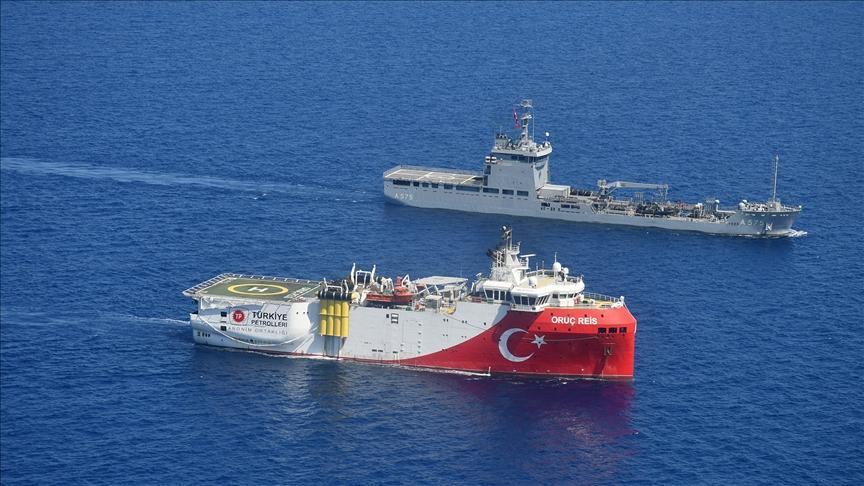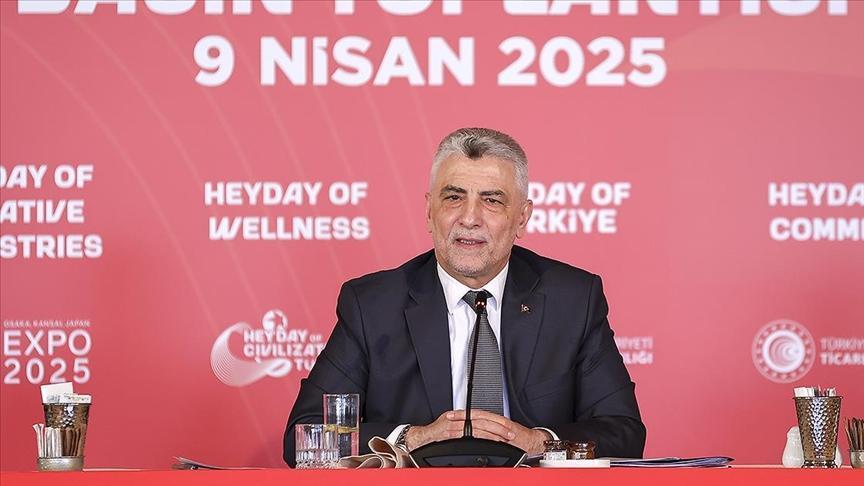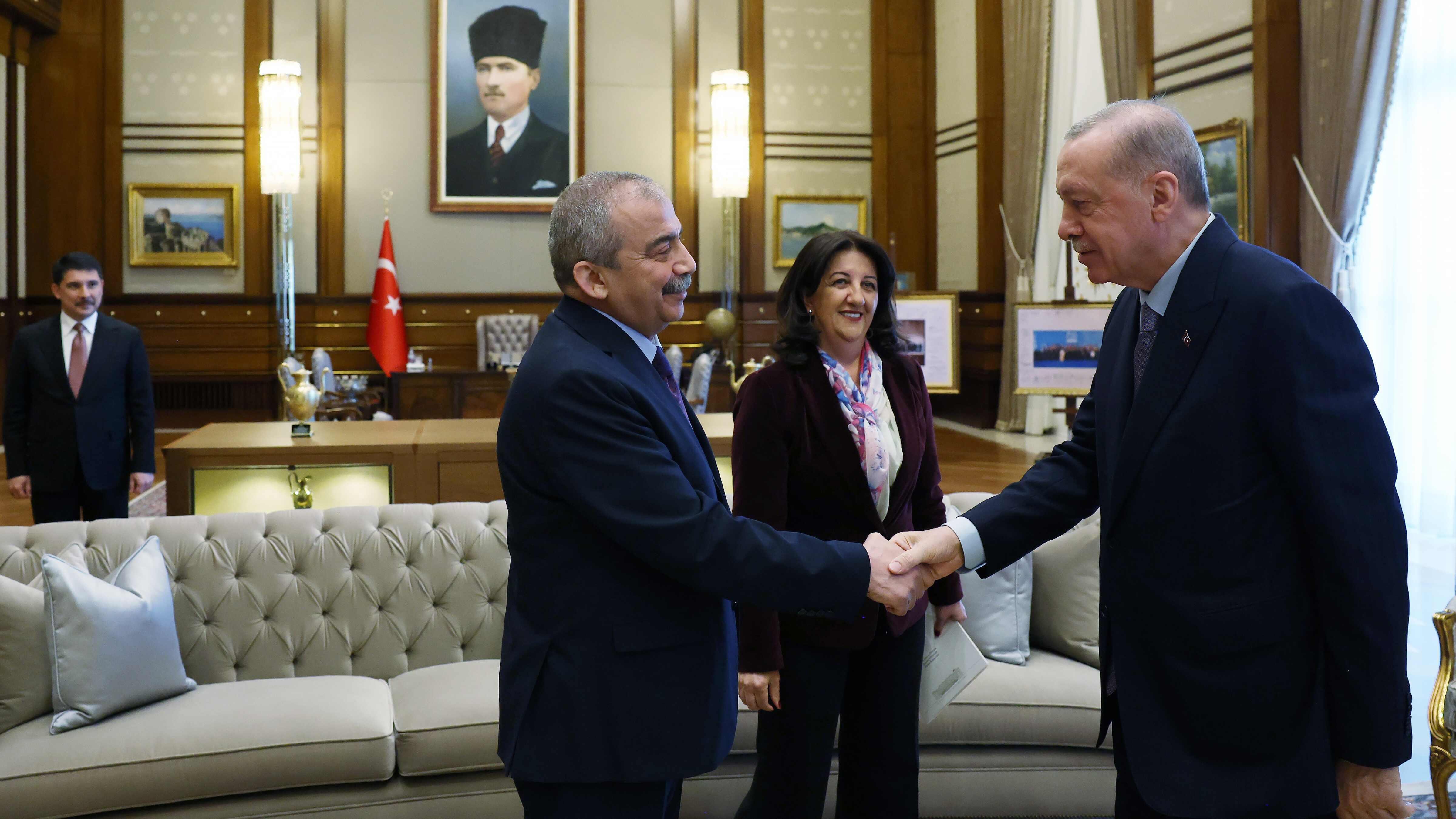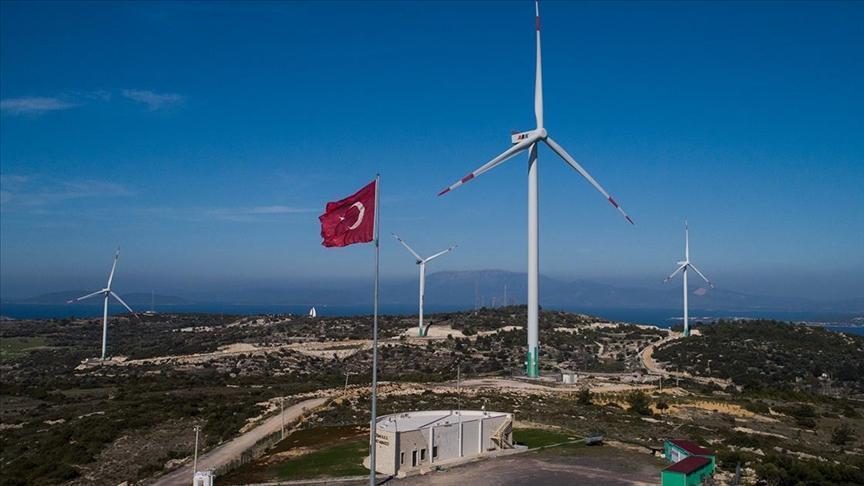Putin, Austria name 1915 killings ‘genocide’
MOSCOW / ANKARA

CİHAN Photo
Russian President Vladimir Putin has joined the list of world leaders and governments who have named the killing of Armenians at the hands of the Ottoman Empire “genocide,” just one day after the Austrian parliament issued a similar declaration, prompting Turkey to recall its ambassador.“April 24, 1915, is a mournful date, related to one of the most horrendous and dramatic events in human history, the genocide of the Armenian people,” Putin said in a letter to the World Without Genocide commemorative event, the text of which was also posted on the Kremlin website.
Putin and French President François Hollande are listed among the leaders to join the commemorations in Yerevan on April 24 to mark the 100th anniversary of the killings.
“One hundred years on, we are bowing our heads in memory for all the victims of this tragedy, which in our country has always been perceived as our own pain and misfortune,” Putin said.
“The international community should do all it can to prevent such atrocities from happening anywhere ever again,” he stressed.
Just one day earlier, Ankara told Austria on April 22 that an Austrian parliamentary declaration describing the 1915 killings of Armenians by Ottoman Turks as “genocide” would permanently damage the two countries’ relations, while recalling its ambassador.
“This declaration... has caused outrage for us,” the Turkish Foreign Ministry said in a statement. “We reject this biased attitude of the Austrian parliament, trying to lecture others on history, which has no room in today’s world,” the statement said.
“It is clear that this declaration...will have permanent negative effects on Turkey-Austria relations,” the statement said.
The ministry said it had recalled its ambassador from Vienna for consultation over the declaration, one in a number of foreign institutions and parliaments, as the 100th anniversary of the killings approached.
The six parties in Austria’s parliament held a minute of silence commemorating the Armenian victims after it issued the joint declaration. “It is our duty to acknowledge and condemn these terrible events as genocide because of our historical responsibility; the Austro-Hungarian monarchy was an ally of the Ottoman Empire in World War I,” the parties said. “It is also Turkey’s duty to honestly face the dark and painful chapters of its history.”
Around 268,000 people of Turkish origin live in Austria, nearly 115,000 of which are Turkish citizens, according to government figures.
Turkey has accepted that Armenians were killed by Ottoman forces during World War I, but denies there was a systematic attack on civilians amounting to “genocide.”
Armenian President Serzh Sargsyan said he was ready to normalize relations with Turkey, two months after he withdrew peace accords from parliament. “It takes two to tango and it does not only depend on us,” he told journalists.
Armenia, most Western scholars and several foreign legislatures refer to the mass killings as genocide.
Earlier on April 22, Turkish President Recep Tayyip Erdoğan said he did not expect U.S. President Barack Obama to use the word “genocide” in reference to the killings.
“I would not want Obama to use the word ‘genocide,’ and I would not expect such a thing,” Erdoğan said at a joint press conference with Iraqi President Fuad Masum.
Erdoğan has expressed condolences for the loss of Armenian life during World War I.
Germany’s parliament is set to adopt a motion using the word “genocide” on April 24. Earlier this month, Pope Francis also called the massacres “genocide,” prompting Turkey to summon the Vatican’s envoy and recall its own.
















